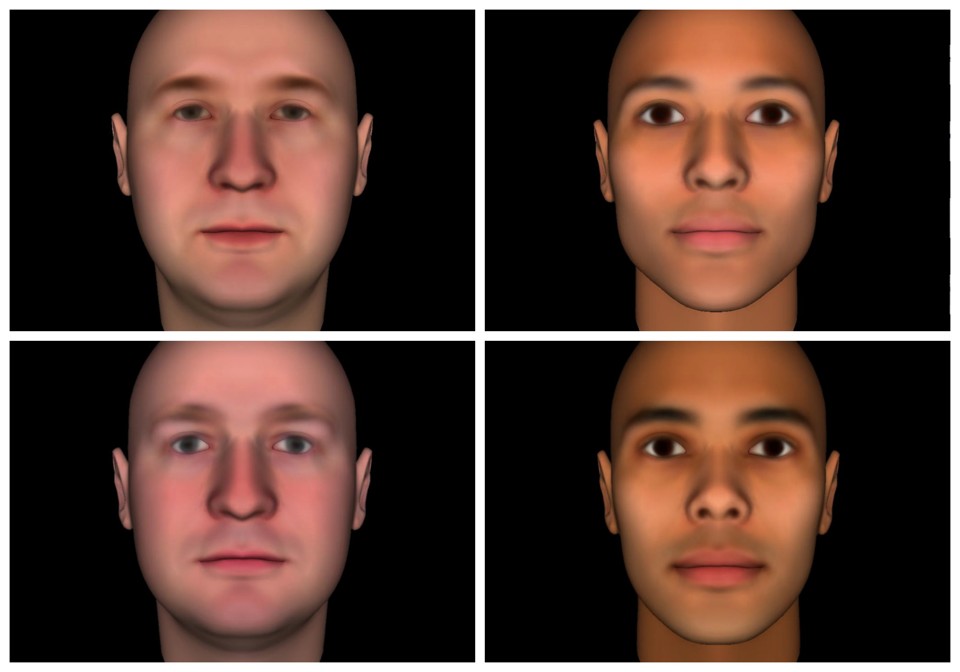Review of Jonathan Kahn, Race in a Bottle: The Story of BiDil and Racialized Medicine in the Post-Genomic Age
The American Journal of Bioethics
Volume 15, 2015 – Issue 10
pages W4-W5
DOI: 10.1080/15265161.2015.1067339
Nathan Nobis, Associate Professor of Philosophy
Morehouse College, Atlanta, Georgia
In 2005 the Food and Drug Administration (FDA) approved the drug BiDil, a combination of two generic vasodilators (hence bi-dil), with specific indication to treat heart failure in black patients. The drug was approved largely on the basis of results from a small clinical trial of only self-identified black patients.
Obviously, however, if a drug works with a particular population, that gives no indication that drug will work only with that population or have unique benefits solely for that population: The drug might work for anyone, of any population, and so works well for a subpopulation. So there is some mystery why BiDil was approved, with this specific indication, on this basis. In Race in a Bottle: The Story of BiDil and Racialized Medicine in the Post-Genomic Age, law professor and historian Jonathan Kahn investigates this mystery.
BiDil’s developers argued that there must be some latent genetic explanation for the drug’s success with black patients—this argument underlies their claim that BiDil uniquely benefits black people. They suggest that race serves as useful surrogate or proxy until further genetic information is revealed.
A major goal of the book is to rebut this explanation. Kahn argues that, according to the best science (and philosophical theorizing about the nature of races), there is no genetic basis for race: There are no unique genes that classify (those who many see as) white people as white and (those who many see as) black people as black, and so on. Race-specific efficacy in drugs is therefore unlikely and dubious, given the lack of race-specific biological mechanisms needed for these drugs to perform as promised.
What role should race play in medicine and public health, then? While Kahn provides positive proposals here, another of his major goals is to argue that race-specific drugs have the (typically unintended) negative consequence of undermining potentially effective projects to address racial health disparities. If we believe that health inequalities are, at root, an unfortunate consequence of genetics and biology—and not a consequence of unfair social, political, and educational opportunities, environmental quality, inequalities in health care access, racism in health care, and other social causes—then there is little reason to focus on these very challenging and demanding issues of justice and the distribution of health-related social, educational, and vocational goods: Just take a pill! But if the pills don’t work, and they lead us to ignore or downplay strategies that will work, then the drugs wrongfully distract—to the detriment of those the drugs were developed to benefit.
In what follows, I briefly summarize the book’s introduction, eight chapters, and very helpful “Conclusions and Recommendations,” and comment on some of the main issues of each chapter…
Read the entire review in HTML or PDF format.


